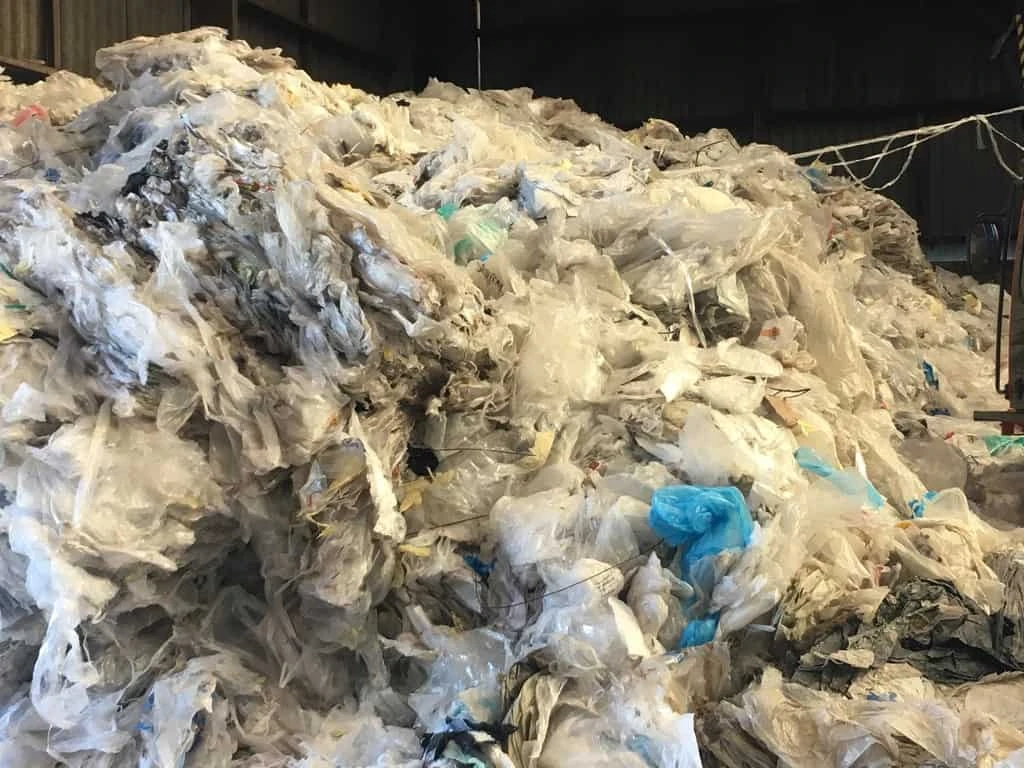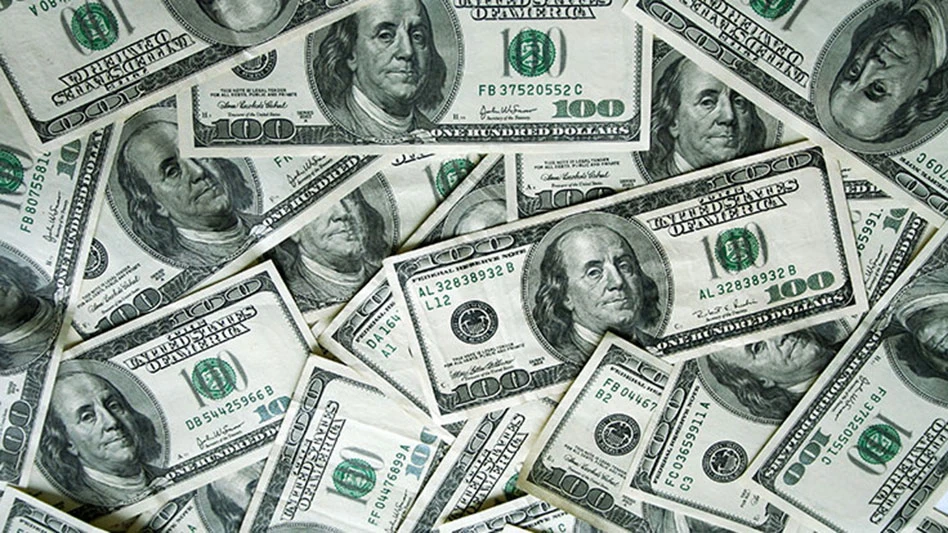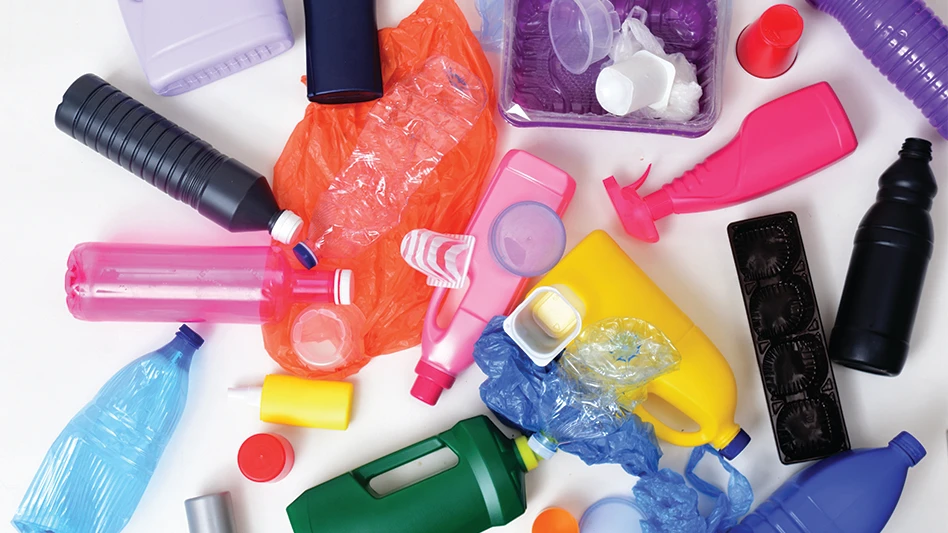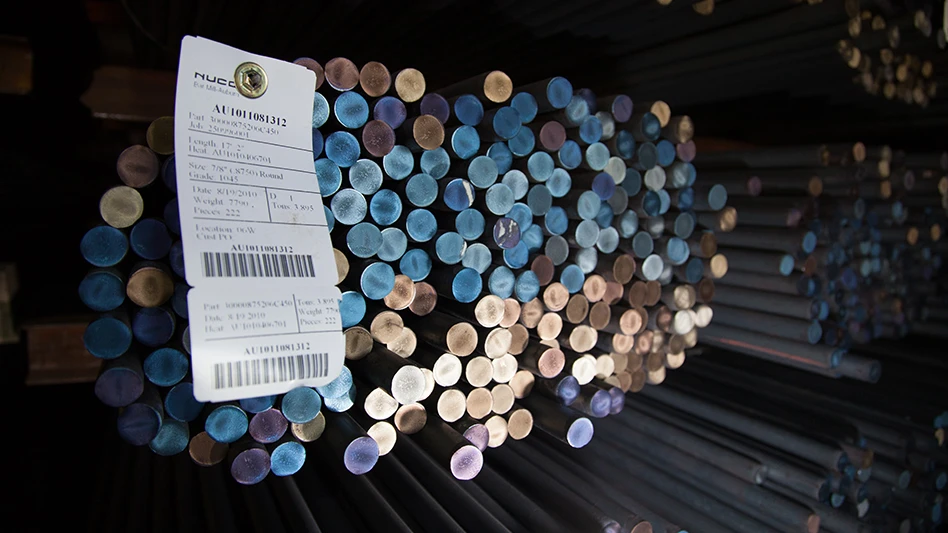
The government of China has begun to issue proposals and targets that could have that nation joining smaller jurisdictions that banned several types of single-use plastics. A London-based commodity analyst says the nation of 1.4 billion people joining this movement could have enormous impacts on global plastic supply and demand.
“It is a very reasonable scenario that China will lead the world in banning single-use plastics that have no real societal value whilst also creating a modern, state-of-the-art recycling industry that competes with the very best in the world,” states John Richardson, a senior consultant covering Asia at London-based Independent Commodity Intelligence Services (ICIS).
“The implications both for virgin PE (polyethylene) polymers demand in China and for the amount of that demand which is met by recycled production are likely to be very significant,” adds Richardson.
“China polymers or plastics demand is by volume is the biggest in the world, and its growth in demand is also the largest,” states Richardson. “China is the biggest polymer import market in the world, especially for polyethylene, around half of the demand for which is in single-use plastics. So, whatever happens in China is a big deal for the global polymers business.”
China’s National Development and Reform Commission and Ministry of Ecology and Environment have indicated the nation will ban nondegradable plastic shopping bags and plastic straws. Those steps mark just the first phase of a five-year plan to ban or restrict the production, sale and use what is likely to be many types of disposable plastic products.
Scheduled to join the prohibited list, according to Richardson, are disposable plastic tableware, disposable plastic cotton swabs, products containing plastic microbeads and plastic food service or hygiene product packaging offered by hotels.
Richardson says China’s central government has shown its previous willingness to act quickly on plastics when it came to putting a halt to plastic scrap imports in 2017 and 2018.
“Subsequently, conversations with senior petrochemical industry executives with connections to the Chinese government suggested that China wanted to go further – by tackling the much bigger problem of local plastic rubbish,” says Richardson.
Improperly discarded plastic “is adding to China’s shortage of potable water, as of course lots of [it] is ending up in rivers, contaminating the water supply,” states the commodities analyst. “It, therefore, seemed likely that bans of single-use plastic would be introduced, and so there is no real surprise that the bans have been announced.”
Continues Richardson, “In parallel, there are reports that China is to modernize its plastics recycling business as a means of reducing dependence on imported virgin resins and adding value to its economy. The current local recycling industry is, on the whole, highly disorganized and inefficient.”
Latest from Recycling Today
- Indiana county awarded $65K recycling grant
- Mixed paper, OCC prices end year on downward trend
- Updated: CAA submits final draft program plan in Oregon
- Enviri names new president of Harsco Environmental business
- Survey outlines ‘monumental challenge’ of plastic packaging collection in UK
- Nippon Steel acknowledges delay in US Steel acquisition attempt
- BASF collaborates to study mechanical plastic recycling
- Commentary: navigating shipping regulations for end-of-life and damaged batteries





